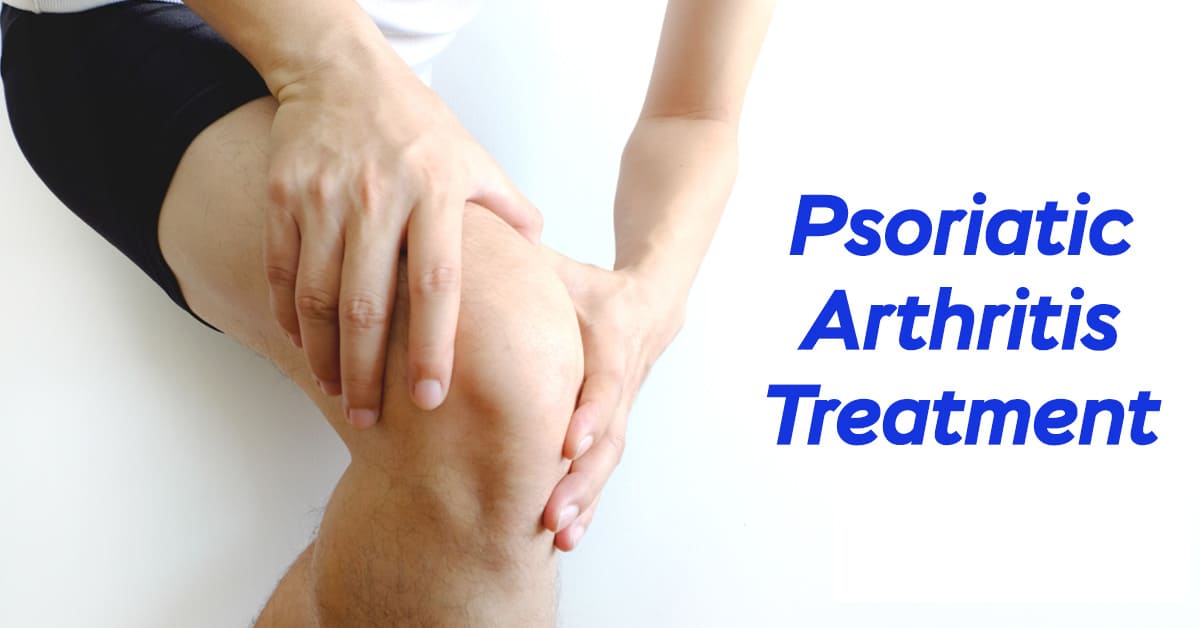Psoriatic Arthritis Overview: The Basics
Psoriatic arthritis (PsA) is a complex autoimmune disorder that extends beyond the skin, often manifesting as inflammation in the joints. It's frequently associated with psoriasis, which presents as raised, red, scaly patches on the skin. PsA can affect any joint but is most commonly found in the fingers, toes, wrists, and knees, leading to pain, stiffness, and potentially, irreversible damage.
Identifying Symptoms: Sign Of Psoriatic Arthritis
The spectrum of PsA symptoms is diverse and can vary in intensity. Key symptoms include: 1. Joint Pain and Swelling: Afflicted joints may exhibit pain and puffiness, notably upon waking or after inactivity. 2. Morning Stiffness: Patients may experience a sensation of stiffness in the joints that can last for an hour or more. 3. Nail Changes: The appearance of dents, discoloration, or separation of the nails can signal the early presence of PsA. 4. Skin Symptoms: Individuals with PsA often have concurrent skin symptoms of psoriasis, characterized by red patches covered with silvery scales. 5. Fatigue: An abnormal sense of tiredness or lack of energy is also a common symptom.
Managing Psoriatic Arthritis: Your Path to Effective Treatment
Managing PsA involves a multifaceted approach to alleviate symptoms and halt disease progression: 1. Pharmaceutical Therapies: Include nonsteroidal anti-inflammatory drugs (NSAIDs) for pain and swelling, disease-modifying antirheumatic drugs (DMARDs) such as methotrexate, and biologic agents that target specific inflammation pathways. 2. Physical Therapy: Customized exercise programs aim to enhance joint strength and flexibility, improving range of motion. 3. Lifestyle Adjustments: Incorporating a healthy diet, regular exercise, and maintaining a healthy weight can reduce stress on joints. 4. Surgical Interventions: In cases where medical and physical therapies are insufficient, surgical options like joint replacement or fusion may be considered.
Connecting with Psoriatic Arthritis Specialists: Guidance Nearby
Securing the right medical guidance is pivotal for individuals with PsA: 1. Rheumatologists: These specialists focus on arthritis and related conditions, providing accurate diagnoses and comprehensive treatment plans. 2. Multidisciplinary Teams: Often include physical therapists, occupational therapists, dietitians, and other professionals who collaboratively offer personalized care. 3. Patient Support Groups: Joining support groups can provide emotional support and practical advice from fellow patients. 4. Online Resources: The internet can be a valuable tool for researching doctor reviews, patient feedback, and healthcare facilities to find the most suitable physician.

